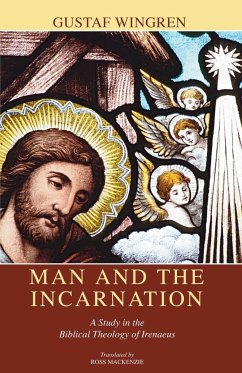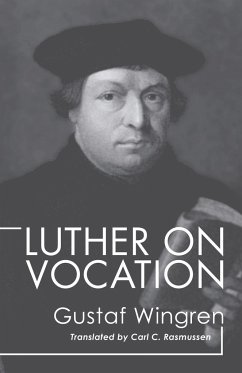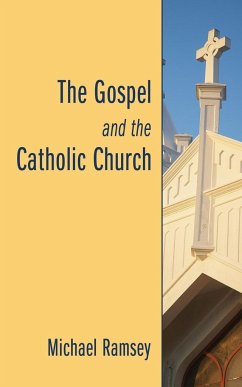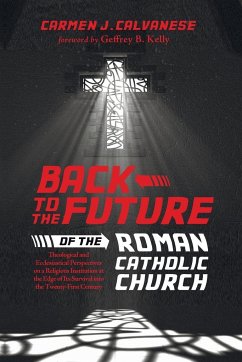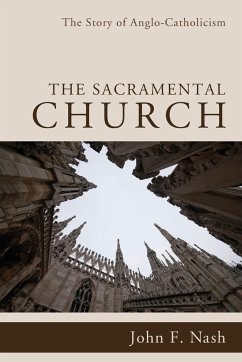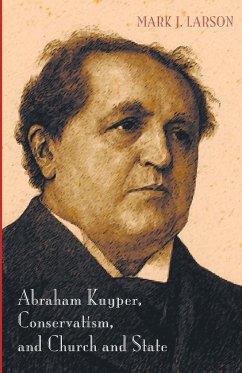This book is a continuation of the development of thought begun by the author in his Creation and Law, published in 1961. Together the two books cover most of the great themes usually considered in a work of dogmatics. Though this book is not organized and written as a dogmatics in the formal sense, the author treats in it the major doctrines of the Christian faith: the relation of law and gospel, the two natures of Christ, sin, grace, sacraments, the Word of God, etc. Running through and informing the discussion of these and other doctrines is one major theme: the relation between creation and redemption. Taking his cue from Irenaeus, Wingren defines this relation in a variety of ways. Because he takes the relation between creation and redemption so seriously, Old Testament Prehistory comes to its own. The first article of the Creed is more than that the stress on the humanity of Christ rules out all docetism: the church is understood as the body of Christ fulfilling its mission through preaching, and the parousia is not merely the end but the fulfillment of creation. In the final analysis, however, Wingren's dogmatics has an ethical thrust of profound significance for our understanding of living a Christian life in our workaday world. His careful analysis of the relation between creation and redemption, as epitomized for the Christian in baptism, prevents an unambiguous affirmation of the church as completely redemptive, or of creation as wholly good or wholly evil. The eschatological dimension of life - life lived between the beginning and the end - becomes a dominant feature of the Christian's posture in the world until Christ is all in all.
Hinweis: Dieser Artikel kann nur an eine deutsche Lieferadresse ausgeliefert werden.
Hinweis: Dieser Artikel kann nur an eine deutsche Lieferadresse ausgeliefert werden.


